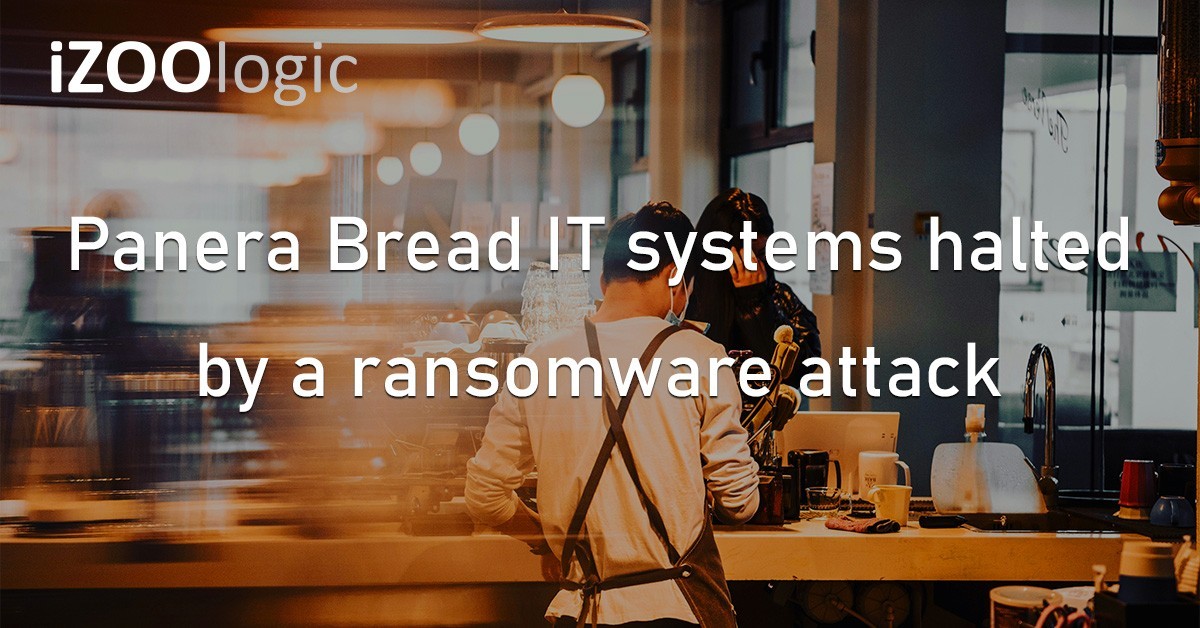Panera Bread faced a significant setback recently when it suffered a week-long IT outage due to a ransomware attack. Based on reports, this ransomware attack resulted in the encryption of many of the company’s virtual machines, rendering data and applications inaccessible.
Although Panera managed to restore some systems from backups, the identity of the ransomware group responsible remains a mystery since no group has yet to claim responsibility for the attack. Moreover, this uncertainty suggests that the attackers might be waiting for a ransom payment or have already received one, so the company could save face from this issue.
Panera Bread has remained tight-lipped about the whole incident.
Panera Bread has remained silent and refused to give further comments about the outage and the attack despite numerous inquiries they received. This lack of communication has left numerous employees unsettled and uncertain whether their data suffered compromise during the attack.
Staff members’ concerns about the company’s transparency have also increased.
The outage on March 22 severely impacted Panera’s internal IT systems, phones, point of sales system, website, and mobile apps. Employees could not access shift details and had to reach out privately to their managers to determine their work schedules.
Furthermore, the outage has forced the stores to accept cash only, as the alleged ransomware attack disrupted the electronic payment processing system. The malfunction also affected the reward program systems, preventing members from using their accumulated points.
Panera Sip Club members expressed frustration at being unable to access the unlimited drinks they had subscribed to for $14.99 per month. As of January 23, 2024, Panera and its franchises operated a total of 2,160 cafes across 48 states in the U.S. and Ontario, Canada.
On the other hand, Omni Hotels encountered a similar issue. It also suffered a massive IT outage, resulting in reservation complications, lengthy check-in lines, and hotel employees resorting to master keycards to grant guests room access due to the malfunctioning door lock systems.
The hotel chain disclosed that it had fallen victim to a cyberattack, later revealed to be a ransomware attack, causing the disruptions.
These ransomware incidents show the increasing threat of cyberattacks targeting businesses across various sectors, proving that robust cybersecurity measures are necessary to protect systems against such malicious activities.
